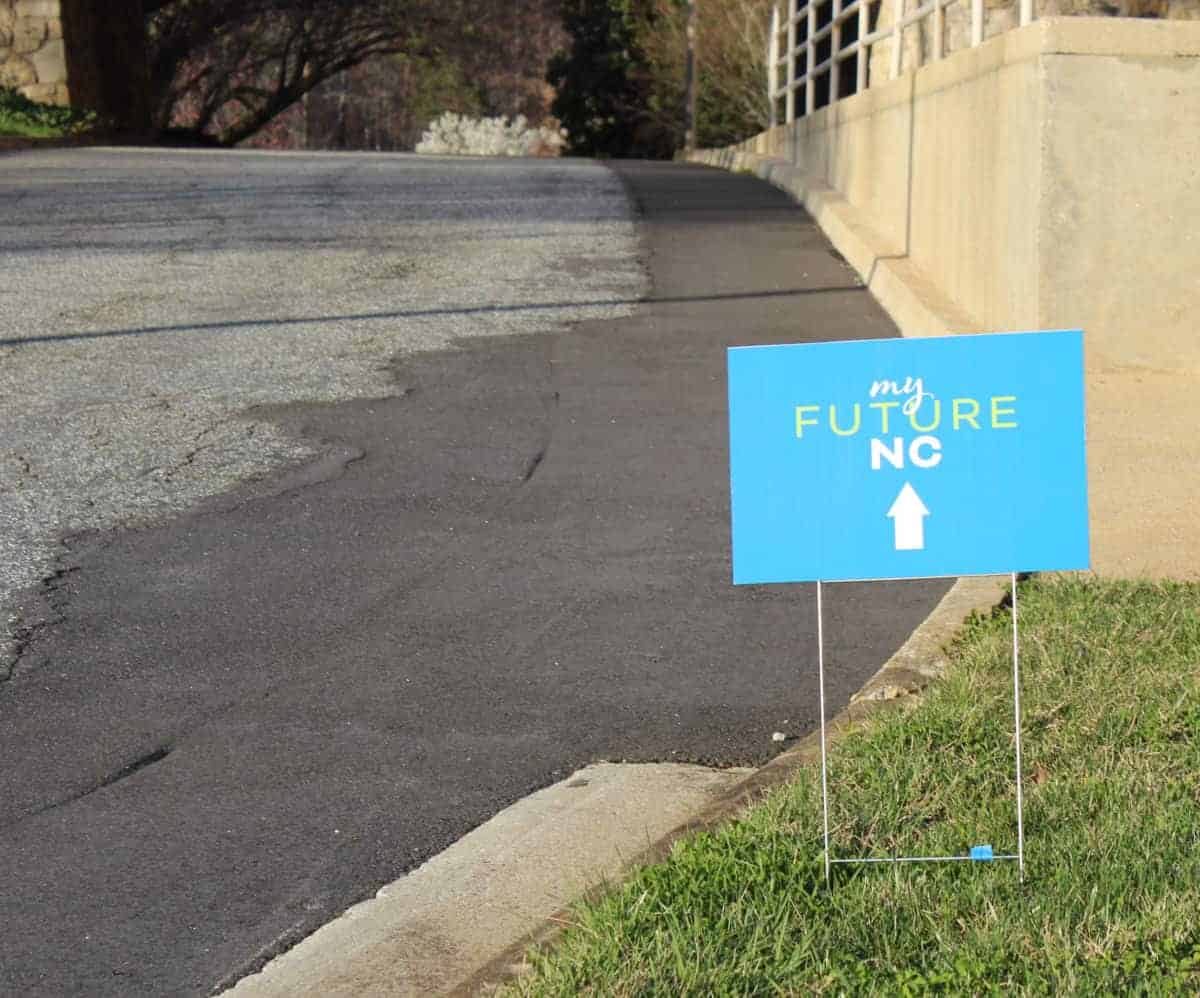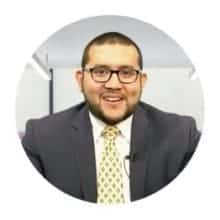On June 15, members of the myFutureNC Commission gathered in Cary for the third of five full-group meetings. The first two meetings set the scope and purpose of the Commission’s work and explored barriers to attainment in North Carolina. The most recent meeting prompted Commissioners to begin thinking about the academic, health, and social indicators that the state should look to as it monitors progress towards an ambitious postsecondary attainment goal.
After an opening presentation from ECONorthwest, Commissioners spent much of the day in three small working groups, each of which are focused on a component of the education continuum (Pre-K through grade 12, postsecondary education, and the workforce). After listening in on the robust discussion of the Commissioners, we caught up with Ricky Hurtado, Executive Director of the Scholars’ Latino Initiative at the University of North Carolina at Chapel Hill to get his perspective on the economic imperative and education opportunity surrounding myFutureNC.
- What compelled you to join the myFutureNC Commission? In your opinion, what makes this effort to increase attainment so timely?
First and foremost, I decided to join this effort because I was a first-generation college student who grew up in an immigrant household in rural North Carolina. If you want to hear about the value of education and the need to pursue higher education to be prepared for and survive in a 21st-century economy, go spend some time with immigrant parents!After successfully navigating through the education system to receive my bachelor’s and master’s degrees, I quickly recognized an undeniable fact: talent is universal, but opportunity is not. You can toss around any of the adjectives I used to describe my upbringing – first-generation, immigrant, rural – and identify unique structural barriers to pursuing a postsecondary education after high school that stem beyond personal interest and motivation.
What makes this effort so timely—as Dr. James Johnson would say—is the fact that North Carolina, like the nation, is seeing both a browning and greying of our communities. As we see immigrant-driven population change as well as an aging native population, our state has to figure out the education and workforce equation for a stronger, more competitive North Carolina. Ultimately, as our communities continue to transform demographically, we all must embrace this reality and realize that expanding access to higher education is not only a moral imperative but an economic one.
- What is the most significant obstacle North Carolina faces as it works to ensure all students have the opportunity to earn a degree or credential leading to a living wage?
North Carolina’s ability to eliminate systemic conditions that contribute to the achievement gap will dictate whether we see success in ensuring all students earn a degree and living wage. No matter how you slice the data, we see significant disparities in academic achievement for African American, American Indian/Alaskan Native, and Latinx populations. And according to Lumina Foundation projections that look ahead to year 2060, these populations will not meet the goal of 60 percent postsecondary attainment. Their conclusion? Extraordinary attention and innovation are needed for underserved populations to reach national postsecondary attainment goals. I believe the same is true in North Carolina: Can we muster the human and political capital necessary to invest in this type of extraordinary attention and innovation? Will we? We cannot continue operating at the margins and expect transformative impact—we need to rethink how our P-12 and higher education systems are investing in solutions as institutions and a collective education system.
- What successful initiatives can myFutureNC look to as they create a plan to help North Carolina’s students overcome the barriers they face on the path to postsecondary education?
There are many promising practices out there being implemented by local organizations. One great example is Student U in Durham, NC (full disclosure: I am on the Student U board). Student U walks with students and families from sixth grade through college, providing holistic support at each step along the way. Through their wrap-around approach, students develop the academic skills and personal well-being necessary to be successful in college and in life. They have truly created a village for their students in Durham, partnering with the public school system and an innovative public/private partnership called Durham Academy. Perhaps most importantly, they are thinking critically about the obstacles implicit bias and structural racism can create for the educational success of students in public schools.
There are also many policy recommendations that have been implemented in other states with great success to bolster outcomes for immigrant and Latinx students. One such policy includes in-state tuition policies for DACA and undocumented students. Many of the students I work with have lived in North Carolina since they were 3 years old. Yet once it comes time to enroll in community college or a 4-year university, DACA students and other students caught up in the immigration system – despite living in NC their entire life – have to pay up to four times as much as their peers to get the same education and have no access to federal or state financial aid. North Carolina ranks seventh in the nation in the total number of DACA recipients (approximately 27,000; if you include all DACA-eligible youth in this figure, the figure balloons to 63,000). Keeping this group of students (and their families) locked out of higher education will have a lasting, negative impact in North Carolina as we continue to struggle to meet employer needs in our ever-evolving and expanding economy.
Editor’s note: This perspective was originally published by The Hunt Institute. It has been posted with the author’s permission.

